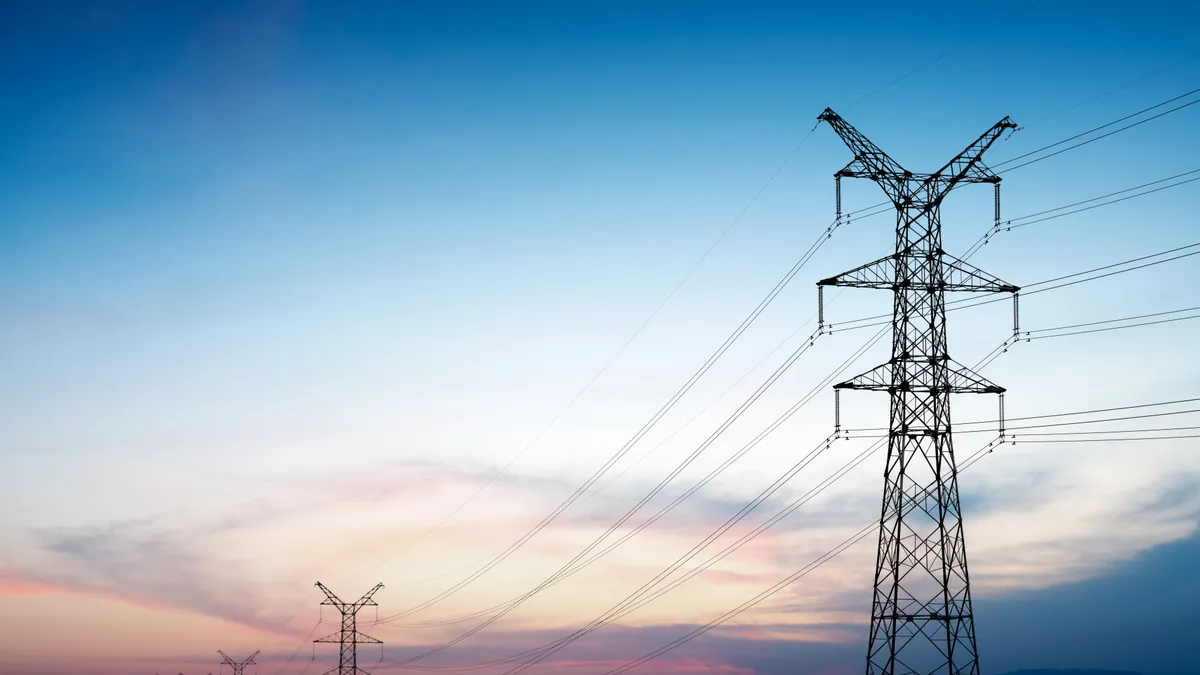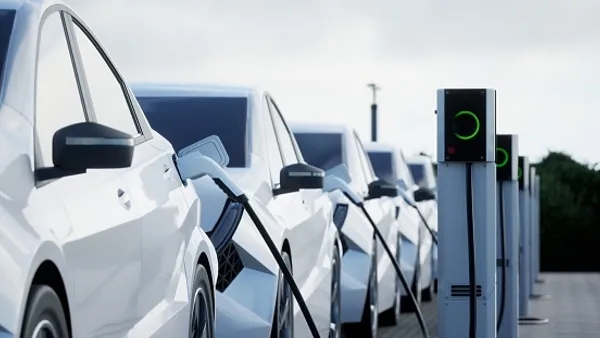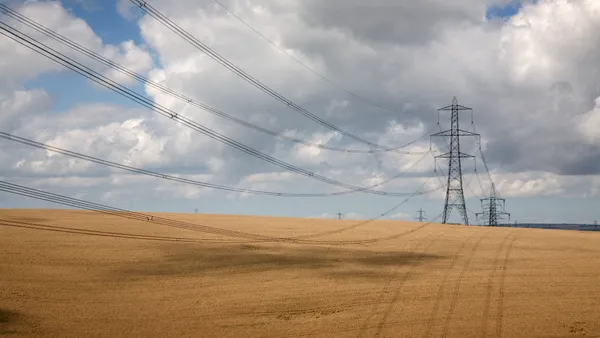Dive Brief:
- Four states—Kentucky, Oregon, Rhode Island and Washington — will take part in a new project to help modernize the electric power sector, the National Governors Association announced last week.
- Teams from participating states will design action plans around issues such as fostering grid modernization, resiliency and environmental stewardship.
- NGA has taken an increasing interest in the energy sector and how states can maintain reliable and affordable transmission systems. In November, the group released a report on how states can prepare for extreme grid outages, with a focus on coordinating with key players and communicating plans with the public.
Dive Insight:
Formed three years ago, NGA's Center for Best Practices Environment, Energy and Transportation Division has an increasing focus on the power sector and how to modernize the electric grid. Kentucky, Oregon, Rhode Island and Washington will now escalate their involvement with the division, a "policy academy" the organization says will build on modernization efforts going on in more than two dozen states.
Of the four states, Rhode Island is the only one launching a grid modernization proceeding to look at ways distributed energy resources can be used to meet system needs. Whether the other three will follow suit remains to be seen, but this latest move underscores the growing interest among states to shore up the grid and find more cost-effective ways to merge smart grid technology onto the grid.
According to the association, through the project states will "address those challenges, learning how to effectively navigate the power sector’s transformation." The goal is to help create a clear path for states to to align market incentives with policy goals that include cleaner power and a stronger grid.
NGA's November research concluded that while the power grid "generally functions well," there are growing threats that could lead to a prolonged or widespread outage.
"Weather and other natural disasters are becoming more frequent and severe," according to NGA. "The grid is becoming increasingly digitized, opening utility systems to cyberattacks," while critical infrastructure "remains vulnerable to physical attack."















